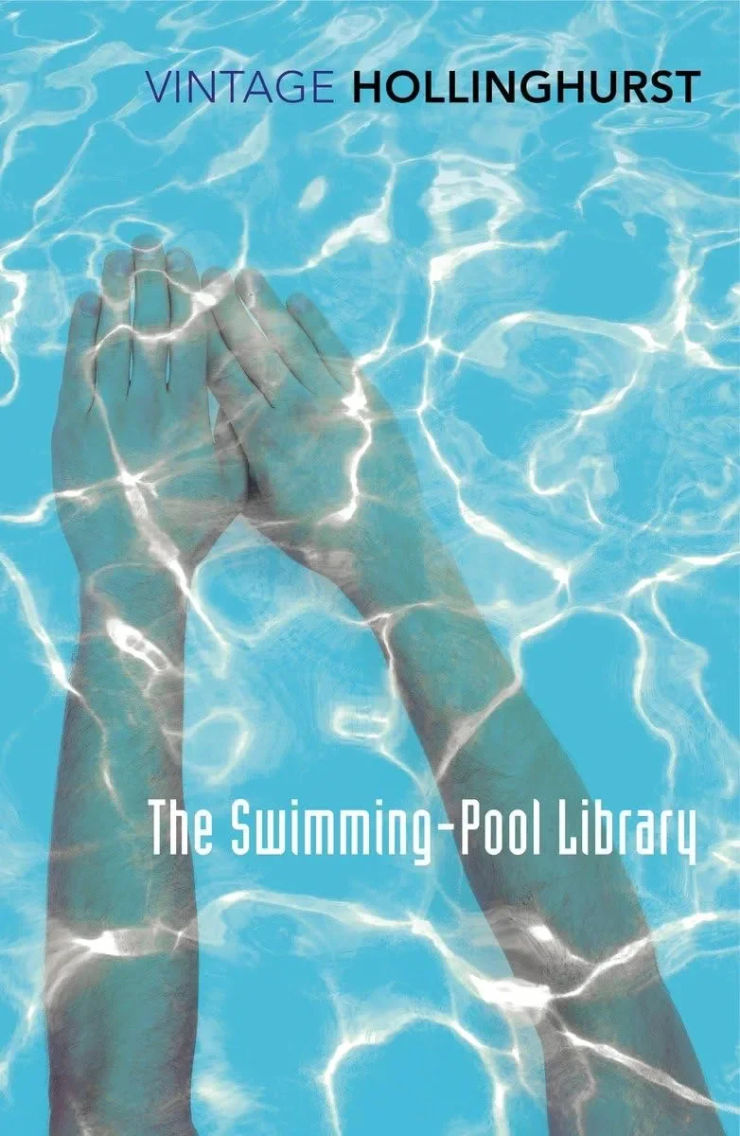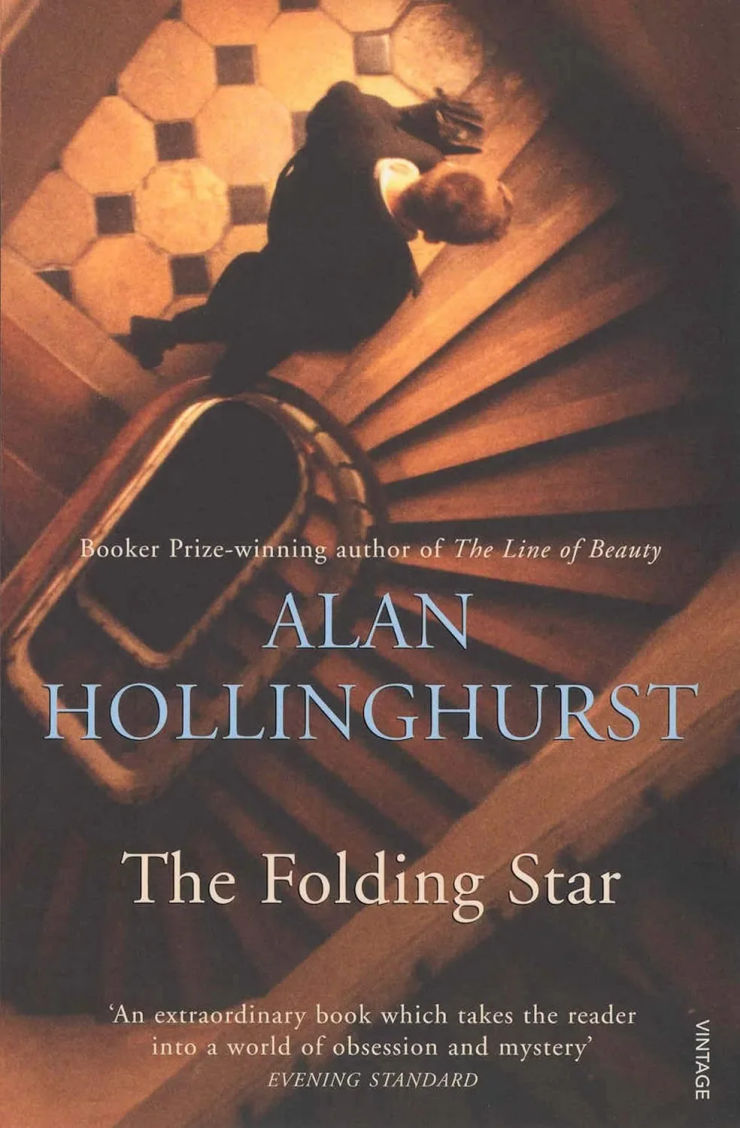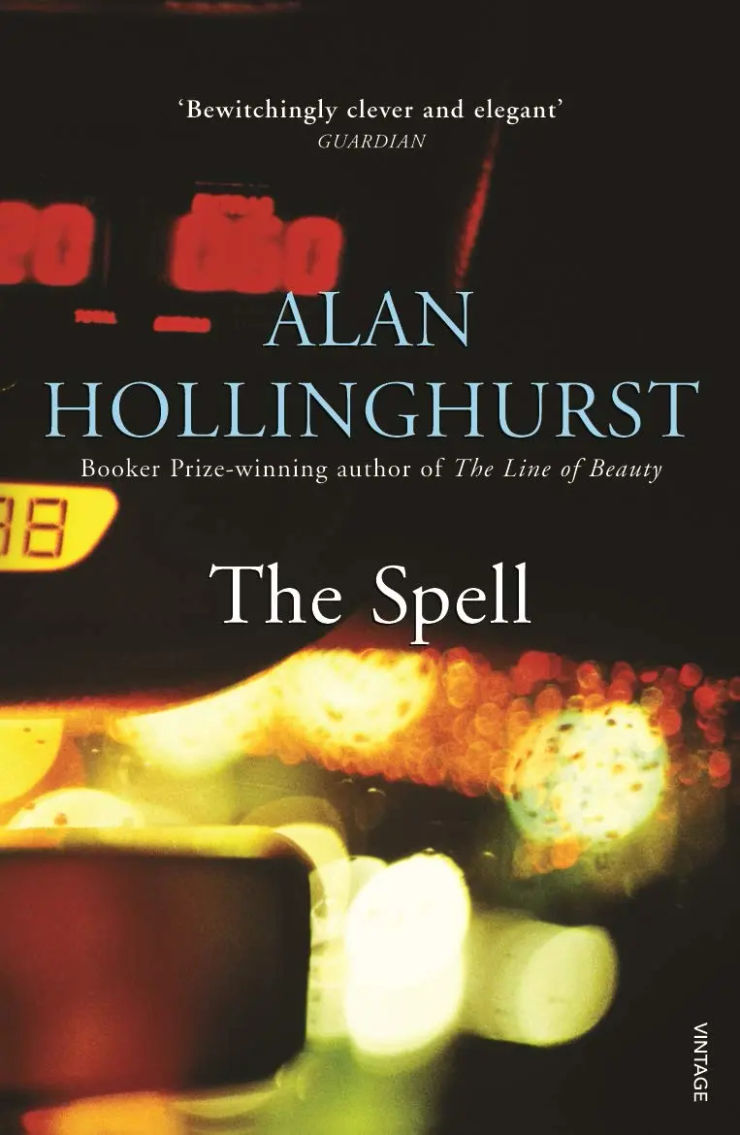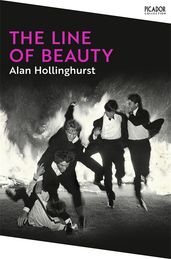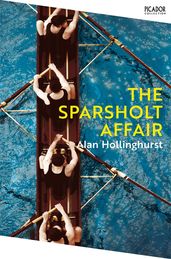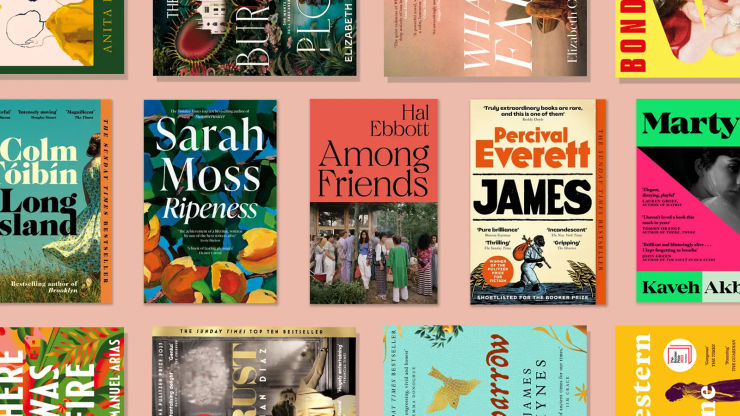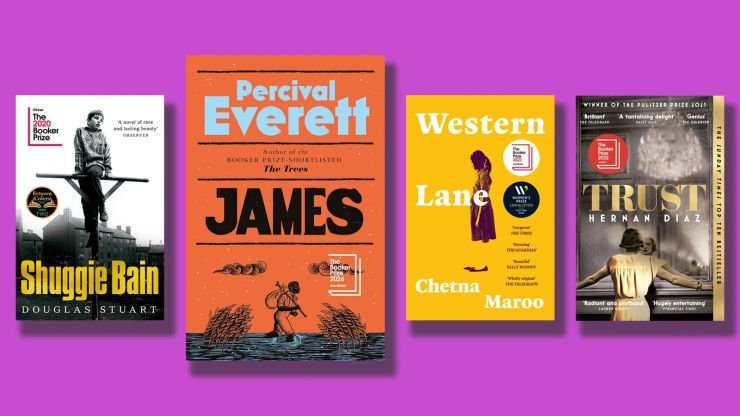Alan Hollinghurst's books: a complete guide
Jack Parlett introduces the work of literary great, Alan Hollinghurst, from his Booker-winning novel, The Line of Beauty, to his latest work, Our Evenings.
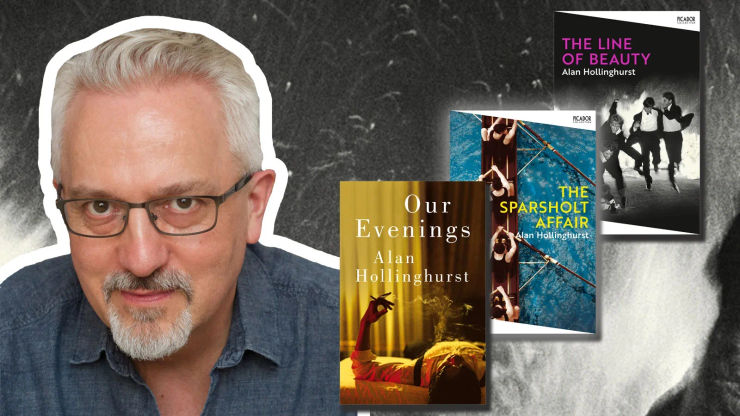
Few contemporary novelists are regarded as highly as Alan Hollinghurst, and the announcement of a new novel by him, usually after a wait of several years, is heralded as a major literary event. In a career spanning four decades, Hollinghurst is often credited with elevating the form of the gay novel, in conscious dialogue with literary forebears such as Ronald Firbank and Henry James. Renowned for his elegant, stylish prose and interwoven plots detailing different historical periods, he observes twentieth and twenty-first century gay life with poignancy, bite and a certain ironic humour.
His fiction focuses mostly on upper-class characters and keenly observes the unspoken, stifling and corrupt aspects of British social structures. Hollinghurst has returned to a number of the same concerns throughout his work: the all-consuming force of sexual desire, the proximity between love and violence, and the competing bonds of social ties. Perhaps the most dominant among these is taste: aesthetic taste (in art, in things), sexual taste (in men, in partners), and the question of what it means to lead a life in thrall of the beautiful.
Here, we list all of Alan Hollinghurst's books in order of publication.
What is Alan Hollinghurst’s new book?
Our Evenings
by Alan Hollinghurst
Out on 3 October 2024, Hollinghurst’s new novel returns to some of his most enduring themes: sexuality, social mobility and the friction of class differences. The novel is narrated by David Winn, who recollects his experiences as a mixed-race scholarship student at boarding school, his relationship with his mother, and his time at the Home Counties estate of the Hadlows, the family who fund his scholarship. The Hadlows’ son Giles looms large in the story, and goes on to become a divisive and dangerous political figure, while David pursues a career as an actor. Like his other novels, Hollinghurst’s latest is intricately constructed, a searing portrait of British society told through the divergent paths of its characters.
Alan Hollinghurst’s novels in order of publication
The Swimming Pool Library
by Alan Hollinghurst
Hollinghurst’s debut is narrated by William Beckwith, a gay twenty-something living comfortably off the wealth of his aristocratic grandfather. His is a life devoted to sexual pleasure; by day, he visits the gym and swimming pool at a men’s leisure club, and by night, London’s gay bars. After a chance encounter, William agrees to write the biography of Lord Nantwich, an eccentric gay aristocrat in his eighties, who hands him his journals. Piecing together his elder’s life story, William discovers in these journals the dark history of homophobia in British society in the decades before liberation, and also finds his own fetishistic desires reflected back at him. The novel is an ambitious, distinctive portrait of its time, and addresses questions around race, colonialism, power and sexuality.
The Folding Star
by Alan Hollinghurst
In his second novel, Hollinghurst expands upon the sophisticated narrative frame of his first. Edward Manners, a disillusioned gay man in his thirties, moves to a Flemish city for a new job as a private tutor. He forms two important relationships: one with Paul, the father of one of his pupils, and curator-custodian of a museum dedicated to symbolist painter Edgard Orst. The other is with Luc, Edward’s seventeen-year old student, with whom he falls recklessly in love. We learn about Edward’s adolescence in England, and see how Orst’s story appears to mirror Edward’s own fixations. As an account of obsessive desire, the novel calls to mind classics such as Vladimir Nabokov’s Lolita and Thomas Mann’s Death in Venice.
The Spell
by Alan Hollinghurst
An astute tale of love, sex and transformation among four gay men. Over the course of several weekends spent in a seemingly idyllic Dorset village, Hollinghurst’s third novel introduces us to Alex, a handsome, buttoned-up civil servant; Justin, his witty, conceited ex-boyfriend; Robin, an architect in his forties, and Justin’s new lover, and Danny, Robin’s twenty two-year old son, darling of London’s nightlife scene. His shortest novel to date, this comic portrait of gay social types may appear at first like a minor Hollinghurst, but it explores the inner lives of its characters, and the fraught dynamics between them, with grace and complexity.
The Line of Beauty
by Alan Hollinghurst
Hollinghurst’s fourth novel won the Booker Prize in 2004, and is considered by many to be his masterpiece. It offers an ambitious and ultimately tragic look at Britain in the 1980s, through the story of Nick Guest, a recent Oxford graduate who moves in with the family of one of his college friends, Toby Fedden. During his time at the Feddens’ family home in Notting Hill, Nick discovers himself sexually, falls in love for the first time, and studies for a doctorate on style in the work of Henry James. As the years go, he sees the devastating effects of the HIV/AIDS epidemic upon those close to him, and observes the corrosive influence of wealth and power through Toby’s father Gerald, a Conservative MP serving in Margaret Thatcher’s government.
The Stranger's Child
by Alan Hollinghurst
In the summer of 1913, the Sawle family receive a weekend guest at Two Acres, their home in the outer London suburbs. This weekend will come to be remembered as fateful, both for the lasting impression that the flamboyant poet Cecil Valance makes upon George Sawle and his sister Daphne, and the poem Cecil writes about his time at Two Acres, a text celebrated as a national classic after he is killed in the First World War. Following the characters through time, Hollinghurst dissects the workings of historical memory. He examines not only what is remembered from the past, but the more furtive gay experiences that are often erased in the process.
The Sparsholt Affair
by Alan Hollinghurst
In another century-spanning narrative, which begins in wartime Oxford and concludes in contemporary London, The Sparsholt Affair focusses on the outsize impact of David Sparsholt on the lives of others. We first meet him as a handsome seventeen year-old athlete attending university, and later follow his trajectory as a war hero and businessman, alongside his wife, his son and his Oxford contemporaries. As the title indicates, this work carries forward Hollinghurst’s interests in scandal and the distinctions between public and private life. It also balances a number of stylistic registers appropriate to the periods in which the different sections are set, and observes the changing mores of gay life throughout the twentieth century.

